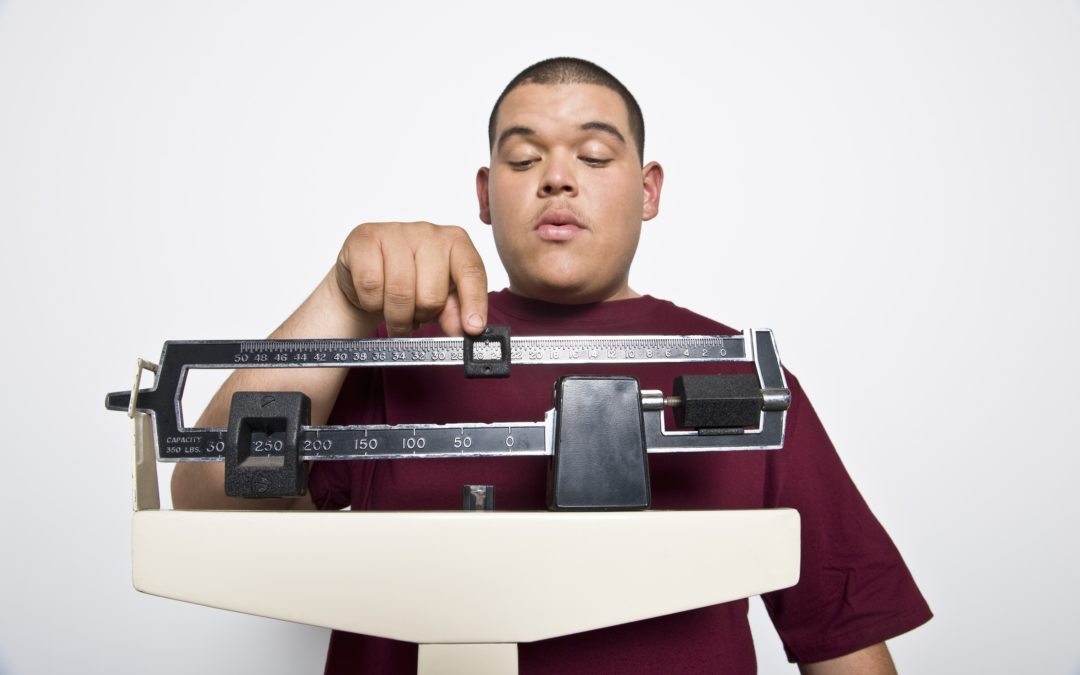Have you been living with extra weight and you are ready to make a change? It can be frustrating to have additional weight limiting your activity and thwarting how you want to live your life. If you have tried various forms of diet and exercise and have not seen any success in long-term weight loss, bariatric surgery might be an option for you. But are you overweight enough to undergo surgery? How overweight must one be to get bariatric surgery?
Generally, candidates for bariatric surgery need to be over the age of 18 with a body mass index (BMI) range of 35 to 40. There also must be diagnosed obesity-related conditions, such as diabetes, sleep apnea, or high blood pressure.
Not sure if you’re a candidate for the surgery? Our experienced team of doctors and staff at WeightWise looks closely at each patient’s medical history to determine if weight loss surgery is the right journey for you.
We will see if you have a history of medical conditions, including heart disease, lung or gastrointestinal problems, and will evaluate that carefully. Conditions related to these could put you at higher risk for complications during the surgery, as well as during recovery.
Choosing Surgery
We understand that choosing bariatric surgery is a big decision. We will work with you to ensure you have all the answers to your questions.
If you decide to go forward with a surgical procedure to lose weight, our team will discuss things you can do ahead of time to make things easier. Sometimes adjusting your lifestyle ahead of time will be suggested, including eating smaller meals and reducing how many high-calorie foods you eat.
Let’s discuss whether or not you may qualify for bariatric surgery. We provide a range of services. We want you to make the most of your life and your health care.
So whether you have a BMI of 35 or a BMI of 40 or higher, we can discuss your options. Even those with a BMI of 30 may need to do some things to assist in their weight-loss efforts.
WeightWise
Our staff of expert and caring weight-loss professionals can guide you every step of the way. They have many years of combined experience, and their passion for helping people just like you shines through in each and every interaction with patients.
We’ll never pressure you to partake in a certain procedure, and we won’t recommend a course of treatment unless we’re sure we’ve explained it to you in detail and answered all of your questions.
As we head into the warmer spring and summer months, you may be thinking about how you can transform your appearance and have more energy. Weight loss is the perfect antidote to a lack of energy in all facets of your life.
There’s no better day to start than today!
Contact our team at WeightWise today to see if you qualify for weight loss surgery.

